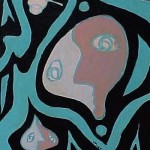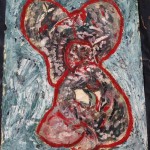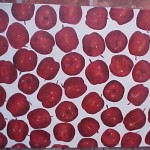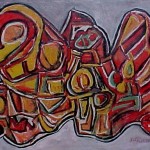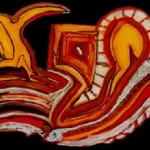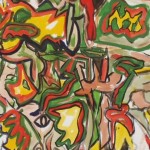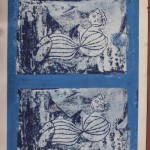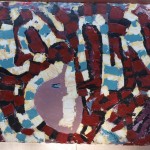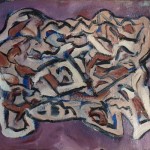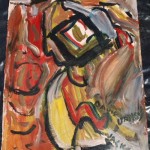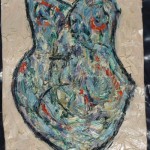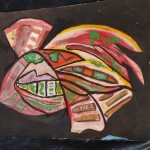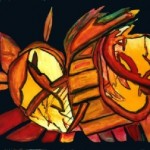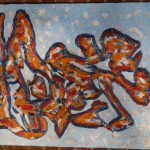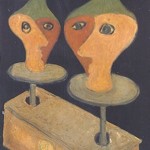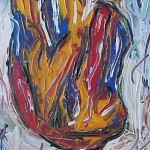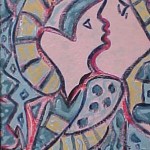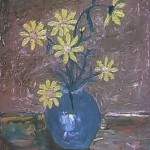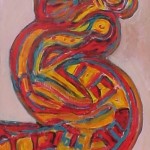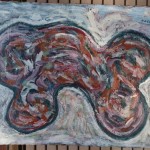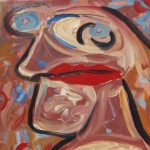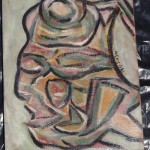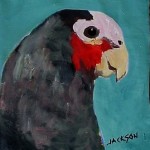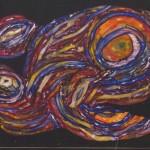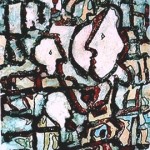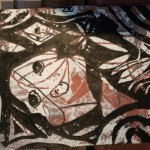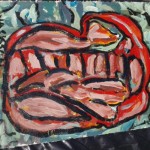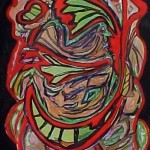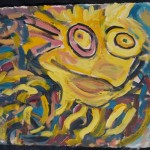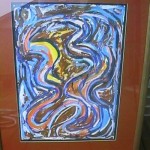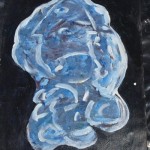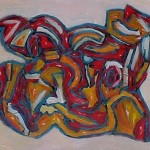In the early part of the last century, abstract art was a radical departure from the art that had gone before it. The artists who were at the forefront of this strikingly modern movement all had something in common. They had a passion to communicate something fundamental through art that couldn’t be achieved using traditional realism.
The abstract paintings that I have been familiar with all seek to gain new insight into the realm of art. These artists include:
Josef Albers,Alexander Calder, Paul Klee, Wassily Kandinsky, Franz Kline, Willem de Kooning, Lee Krasner, Joan Miro, Piet Mondria, Georgia O’Keeffe, Jackson Pollock, Mark Rothko, and Frank Stella.
It is hard to ignore their contributions to our search for the perfect abstract. I have sought to search for something even though it is always unclear what that is. An Abstract artist does not start with a “something” to paint and yet I have obviously found real things that my art resembles. In naming abstract paintings, the artist looks for realism in the names. Finding a name other than “Abstract Blue Number 26” is hard to do. The artist had no intention of realistic painting but a name has to be found.
It is said The most celebrated and famous abstract artists are masters of their form. Early pioneers, such as Kandinsky and Delaunay experimented with color, shapes and symbols. Later in the century, in the creative explosion that was abstract expressionism, artists such as Mark Rothko and Jackson Pollock demonstrated new ways to make art and, with their huge canvases, gave us new ways to experience it. Pollack’s “Drip Paintings” became the foundation of our thinking of both modern art and modern abstract paintings. The large canvas became the norm. Museums are large places and large canvasses are appropriate. A museum was as far away from my thoughts as they were to Van Gogh or other earlier artist whose work is small, like my abstract paintings.
My concern with the abstract painting of the past is the lack of form. The paintings tend to cover the canvas uniformly and the thought of a “background” is a thought that I like. Form is an important part of my abstract paintings. Most of my abstractions have both a shape and a background. I sometimes seek to create paintings in which the viewer can participate. By participate I mean the viewer can see real things like making shapes out of clouds. If I create an abstract paintings which you think looks like a dog and I think looks like a rabbit, then I have succeeded.

